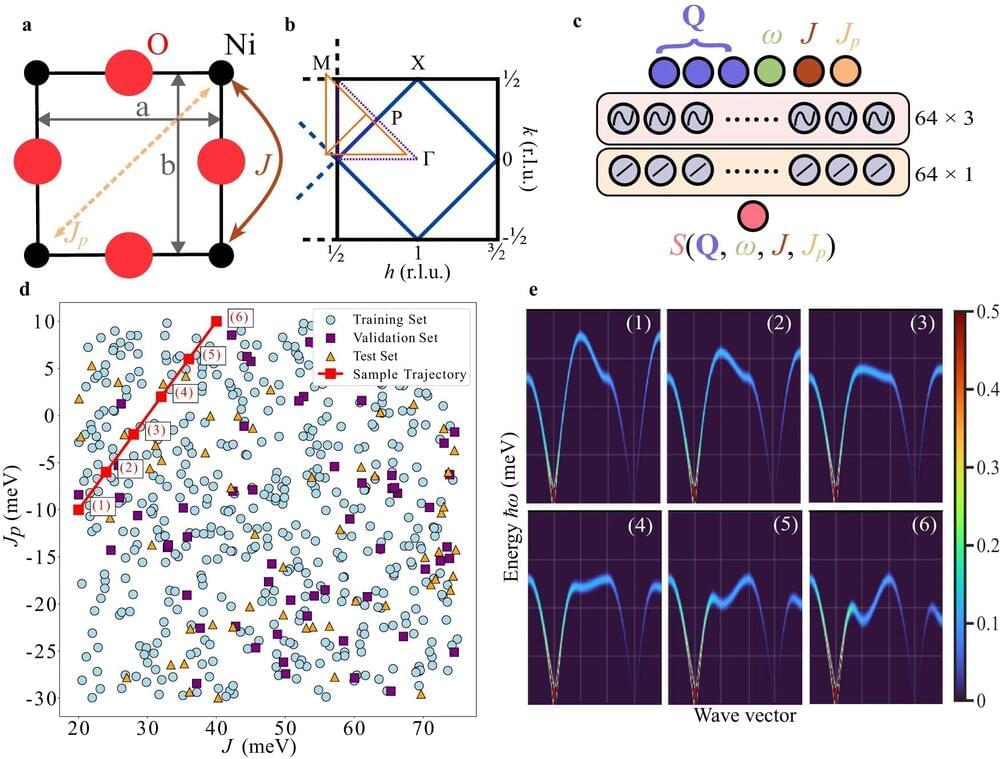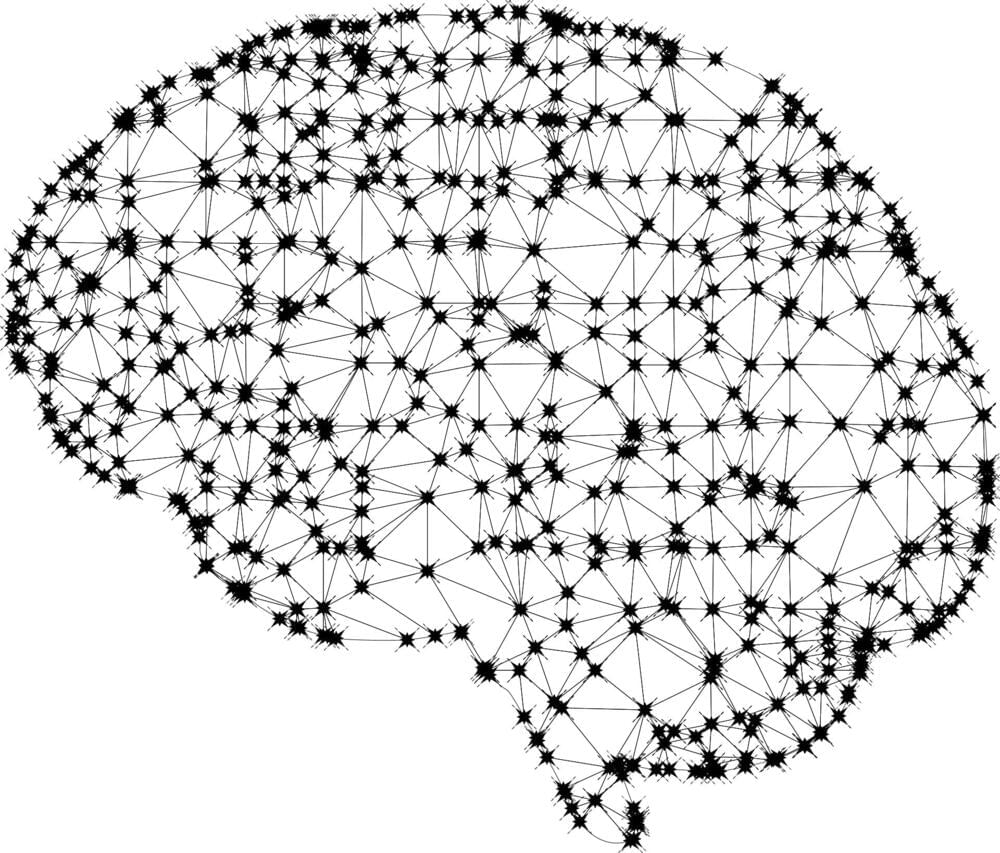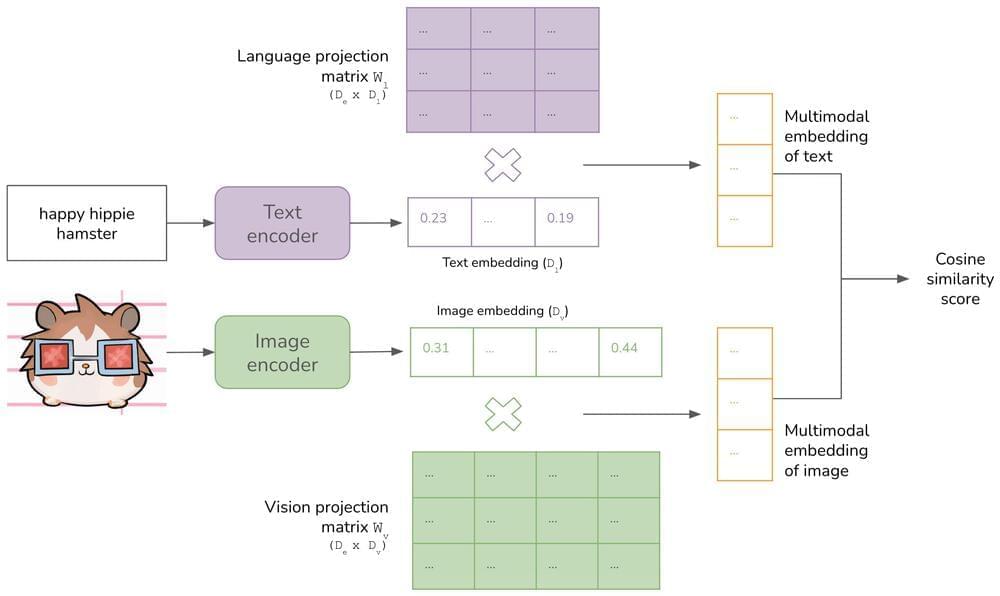Researchers at the Department of Energy’s SLAC National Accelerator Laboratory have demonstrated a new approach to peer deeper into the complex behavior of materials. The team harnessed the power of machine learning to interpret coherent excitations, collective swinging of atomic spins within a system.
This groundbreaking research, published recently in Nature Communications, could make experiments more efficient, providing real-time guidance to researchers during data collection, and is part of a project led by Howard University including researchers at SLAC and Northeastern University to use machine learning to accelerate research in materials.
The team created this new data-driven tool using “neural implicit representations,” a machine learning development used in computer vision and across different scientific fields such as medical imaging, particle physics and cryo-electron microscopy. This tool can swiftly and accurately derive unknown parameters from experimental data, automating a procedure that, until now, required significant human intervention.









